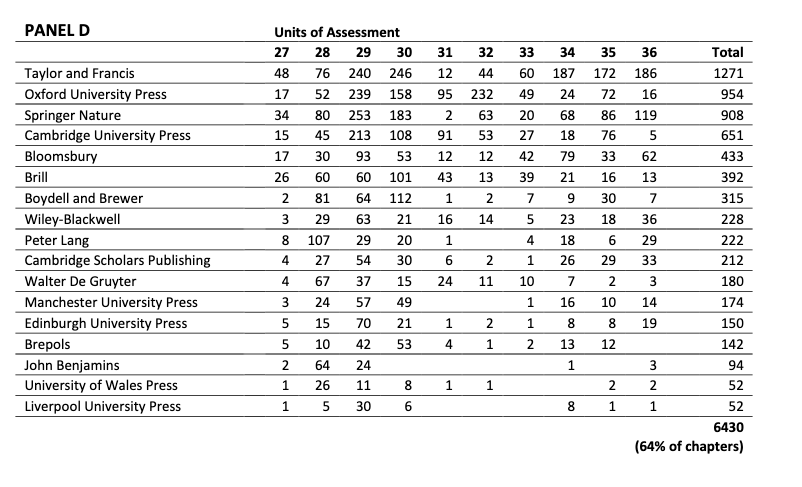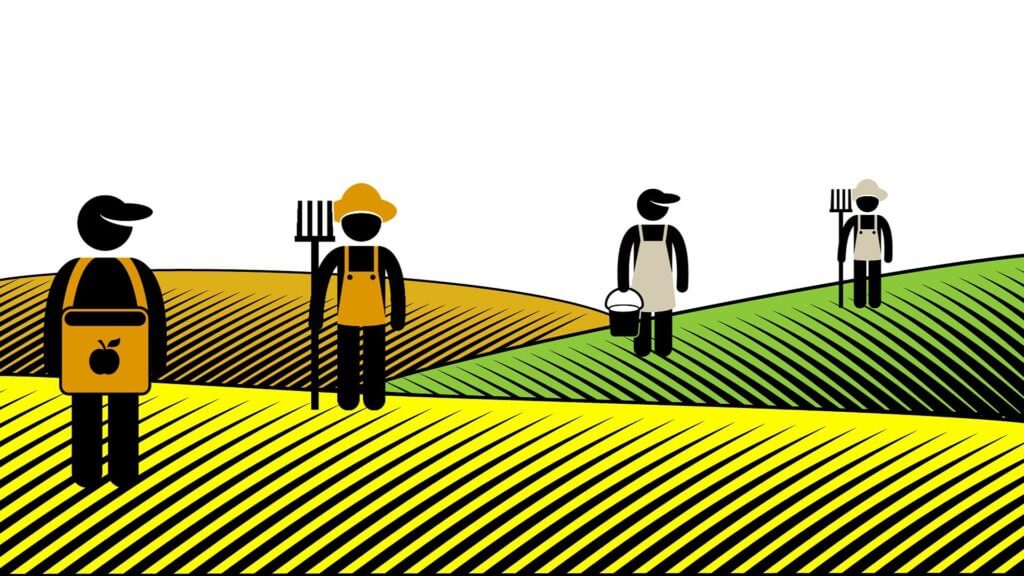The term ‘predatory publisher’ reveals a limit of language – or rather it asks too much of language. It seeks a binary separation between ‘predatory’ and ‘non-predatory’ where no such separation can exist, ultimately illustrating more about the motivations and hidden biases about the accuser than the supposedly predatory journal at hand. We therefore need another way to conceptualise the practices that predatory publishing seeks to describe.
Continue reading “The undecidable nature of predatory publishing”How the academic publishing oligopoly skews debates on the cost of publishing
When the original BOAI declaration on open access was published, one of its stated aims was to ‘save money and expand the scope of dissemination at the same time’ through open access publishing. The web offered distribution costs that the authors claimed were ‘far lower’ than print publishing and so OA was seen at least in part as something that could ease library budgets ailing from above-inflation journal subscription prices, all while making research available to the public. Arguably, the BOAI statement was quite measured in its focus only on distribution costs (which clearly are cheaper in an online world); but despite this, many people claim that the cost of publishing more generally should be less in an open-access world. Some advocates have even tried to calculate how much an article should cost to publish.
Continue reading “How the academic publishing oligopoly skews debates on the cost of publishing”Who are these ‘open access advocates’?
If you’re at all interested in open access publishing, you probably know that it has a long and complicated history. There are disagreements and differences over strategies, tactics, politics, definitions, motivations, disciplinary approaches, business models and routes to OA. Many words have been spilled over the ‘mess’ that open access has become and the fact that the concept of open access itself has a number of different lineages. The OA ‘movement’ is not therefore a unified movement — nor has it ever been — but is a disparate collection of arguments and projects in favour of freely accessible research.
Continue reading “Who are these ‘open access advocates’?”Open *By* Whom? On the Meaning of ‘Scholar-Led’
(Cross-posted on the ScholarLed blog)
I write a lot about scholar-led publishing. My thesis explored the differences between scholar-led and policy-based forms of open access, and I’ve recently published an article about early academic-led experiments in e-journal publishing. I love what the ScholarLed consortium is doing for open access and look forward to seeing the infrastructures and forms of governance that the consortium members design and build for open monograph publishing.
Continue reading “Open *By* Whom? On the Meaning of ‘Scholar-Led’”Edited volumes and low-risk open access
As early-career researchers, one of the first things we are told about publishing is not to release our research as part of an edited volume. Chapters in edited volumes are not nearly as valued for career progression as journal articles, even though they may take the same amount of time and care to produce. When I edited a volume on open research data a few years ago, the most common reason for declining to submit a chapter was that it would simply not be valued for career purposes.
Continue reading “Edited volumes and low-risk open access”New publication in JASIST
I have recently had an article published in the Journal of the Association for Information Science and Technology (JASIST) entitled ‘Revisiting “the 1990s debutante”: Scholar‐led publishing and the prehistory of the open access movement’. The article explores a small number of early scholar-led e-journals and their relevance to open access
It is currently freely available on the publisher’s site (though I’m not sure for how long): https://doi.org/10.1002/asi.24306
There is also a postprint available here: https://hcommons.org/deposits/item/hc:27005/
Continue reading “New publication in JASIST”What is the relationship between the commons and open access publishing?
Why is there an association between open access publishing and ‘the commons’? What is it about the two concepts that
Why ‘open science’ is actually pretty good politics
How does the word ‘open’ modify terms such as ‘data’, ‘source’ ‘access’ and ‘science’? What is openness actually doing to these terms? This seems to be a subject of continual debate on social media, at conferences and in the scholarly literature. For the most part, it seems that the debate has moved on from the idea that there can be a strict definition of open access, data, etc. — openness thus implies a degree of flexibility of definition and practice. Yet does this fluidity or ambiguity mean that we would be better abandoning terms such as ‘open science’ altogether?
Continue reading “Why ‘open science’ is actually pretty good politics”Governing the scholarly commons: the Radical Open Access Collective
The Radical Open Access Collective (ROAC) is a community of 60+ not-for-profit presses, journals and other open access projects. One of the aims of the collective is to legitimise scholar-led publishing as an important alternative model for open access, while supporting our members and encouraging others to experiment with scholar-led publishing too. The ROAC therefore serves a similar function to other membership organisations such as the Library Publishing Coalition, the Association of European University Presses, and the Open Access Scholarly Publishers Association, all of whom support certain approaches to publishing or kinds of publisher.
Continue reading “Governing the scholarly commons: the Radical Open Access Collective”The politics of open access in action
Open access is a movement constituted by conflict and disagreement rather than consensus and harmony. Given just how much disagreement there is about strategies, definitions, goals, etc., it is incredible that open access has successfully transformed the publishing landscape (and looks set to continue to do so). As OA increases in popularity and inevitability, more conflict arises between those from a range of disciplines and positions, and especially those encountering OA for the first time (often through coercive mandates).
Continue reading “The politics of open access in action”






